
Research from Spain shows that microplastic particles in tea bags can affect users' health
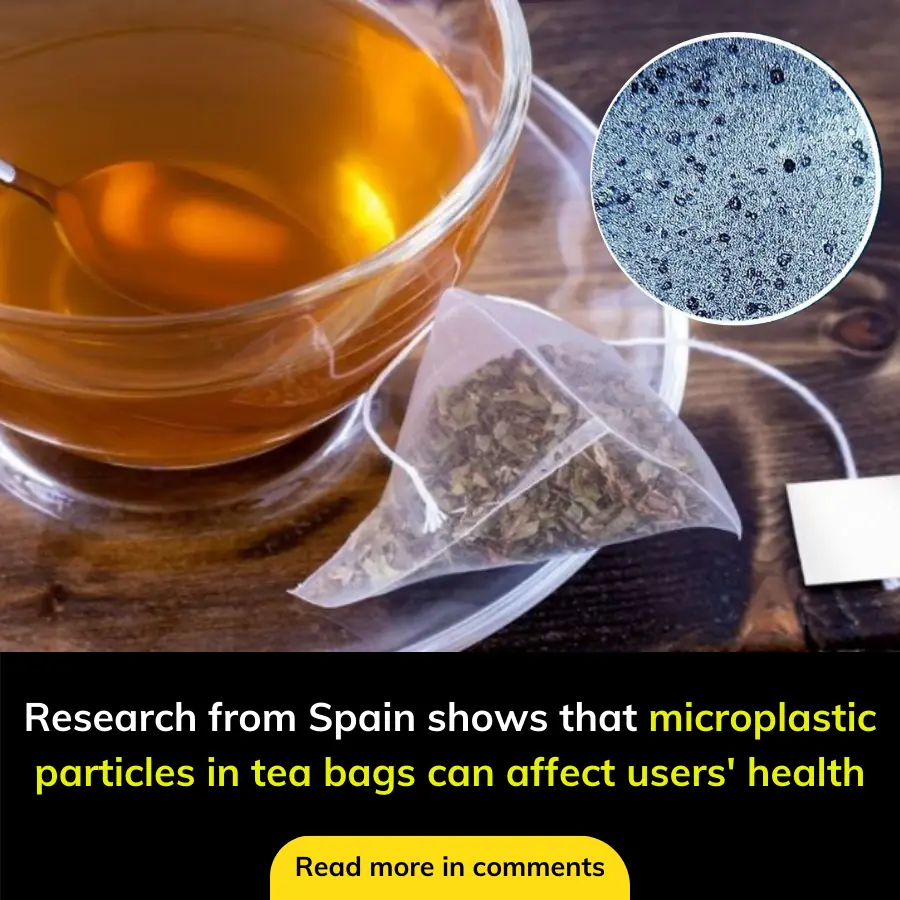
Research from Spain shows that microplastic particles in tea bags can affect the health of users.
The study was conducted by the Universitat Autònoma de Barcelona and published in the specialized journal Chemosphere. Scientists pointed out that when tea bags are soaked in hot water, they release microplastic particles, causing many diseases. Microplastics are extremely small plastic particles, found in everyday items such as food containers, which can penetrate food, drinks and air.
When entering the body, they increase the risk of cancer, especially colon cancer in young people, according to previous research from the University of California San Francisco. Scientists have previously found high levels of microplastics in human breast milk, saliva, feces and blood.
In the new study, scientists from the Universitat Autònoma de Barcelona warn that a single tea bag can release billions of microplastic particles. The team found that most microplastic particles were absorbed by the cells that produce the intestinal mucosa. However, some particles penetrated the cell nucleus, where genetic material is stored.
Previous studies have shown that food packaging is a major source of microplastic particles. However, to date, there has been little research on the amount of plastic humans absorb from tea bags. Therefore, experts from the Universitat Autònoma de Barcelona examined plastic particles from three popular types of tea bags, widely available.
The first type was a nylon tea bag, ordered from Amazon (USA). Next was a polypropylene tea bag from AliExpress (China). The third type was purchased at a supermarket, the type of plastic used to make the tea bags is unknown. Next, they soaked a total of 300 tea bags of the three types in a cup containing 600ml of water at 95°C. The team found that all three types of tea bags released large amounts of microplastic and nanoplastic particles into the water.
Polypropylene tea bags released the most, about 1.2 billion particles/ml, with an average size of 136.7 nanometers. Nylon tea bags released 8.18 million particles/ml, with an average size of 13.8 nanometers. When dyeing plastic particles and exposing them to human intestinal cells, experts also discovered that the mucus-producing part absorbed the most plastic.
Based on the study of tea bags, experts called for urgent research on the effects of microplastics on the body. They said that the new work provides evidence for plastic pollution and its potential impacts.
Previous studies have shown that humans can be exposed to plastic particles through food, drinking water and air. However, the level of exposure, toxic concentrations and harmful mechanisms of microplastics are still unclear and difficult to fully assess.
Analysis of data from 3,000 studies found that microplastics can enter the bloodstream, lungs, and accumulate in organs after inhalation. Exposure to microplastics may increase the risk of changes in colon structure.
A 2022 Chinese study found that chronic exposure to microplastics caused "significant impairment of colon function" in mice, with some mice suffering damage to their colon walls. Another study from the same year found that microplastics reduced the amount of mucus that protects the colon.
In June, scientists found many small plastic particles in male sperm. This type of plastic is used in water pipes. Sperm exposed to plastic moved more slowly, reducing the ability to fertilize. The Chinese research team said that this condition is causing a decline in global birth rates.
News in the same category


Donald Trump finally reveals Elon Musk's real job in federal government

Won Ji An in Talks to Star With Park Seo Joon in a New K-Drama

Ryan Reynolds 'distanced' himself from Blake Lively and 'minimised' her experience with SNL50 joke about Justin Baldoni

Toronto plane cr.ash investigators reveal new details of moment Delta flight fl.ipp.ed as passenger describes esc.ape

Chose a vacation over a washing machine?!

Whiteout conditions tri.gg.er 100-car pileup in Oregon, leaving drivers stranded

67,000 usd in gold found hidden inside a blender

Reason Taylor Swift was booed at Super Bowl as fans 'spot three-word comment' she fired back

Musk-led group makes $97.4 billion bid for control of OpenAI

Mother-in-law sneaked in and did something shocking

Alaska plane is found with all ten people on board d.e.a.d

US judge temporarily blocks transfer of incarcerated trans women to men’s prisons

Woman who received pig kidney transplant
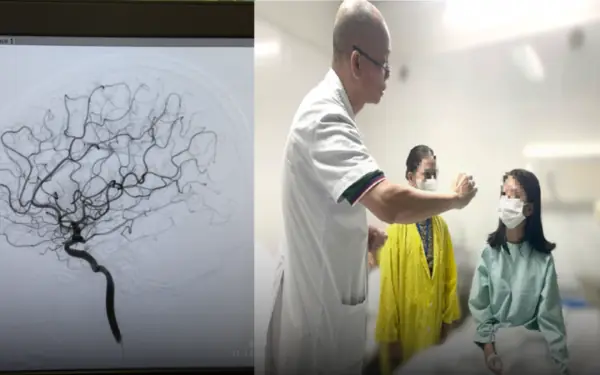
Warns against self-injecting beauty fillers at home
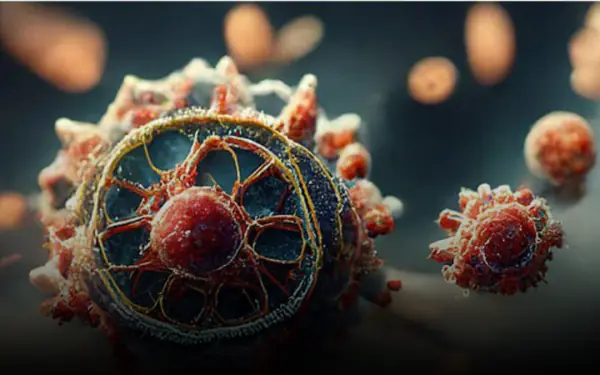
US: New dangerous virus discovered, raising many concerns
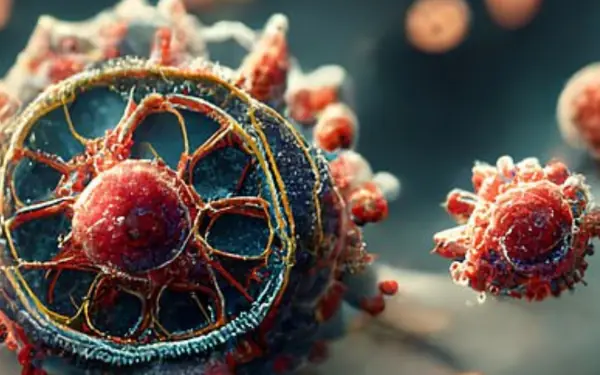
US: New dangerous virus discovered, raising many concerns

Trump orders US to withdraw from UN's top human rights b.o.dy, halt funding for Palestinian ref.ugees

Kanye West's cr.e.epy commands to Bianca Censori at Grammys revealed as fe.a.rs grow over in.dec.ent ex.po.sure st.u.nt
News Post
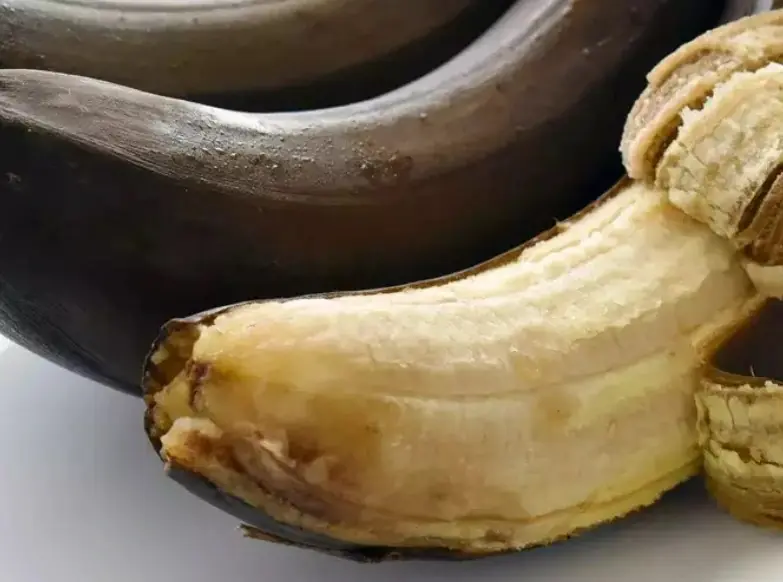
Avoid These 4 Types of Bananas When Buying—Even Sellers Won't Eat Them!

At 73 Years Old, I Regenerated My Fatty Liver, Ended Joint Pain

My lover said that he understood me well after several years together

If bitten by a poisonous snake, is it safe to suck on the wound with your mouth?

3 types of food should be taken into the body to help sleep better at night

Say Goodbye to Pills: Chayote and Lemon Mixture for Knee Pain, Swollen Feet, High Blood Pressure, and More!

This garlic, lemon, and apple cider vinegar drink is a natural remedy packed with antioxidants and heart-boosting compounds

Russians put frogs in barrels of milk to prevent the milk from spoiling quickly when exposed to air

Would you get a brain implant from Elon Musk's company?

S.h.o.ck.in.g secrets about flight attendant recruitment more than 70 years ago

After 40 years old, if you often see 6 symptoms when sleeping

7 types of acupuncture to effectively treat back p a i n

Rosemary for Hair Regrowth: Transform Your Shampoo

Yeast & Coffee Erase All Wrinkles in 3 Minutes – Even at 70!

Unveiling the Green Marvel: The Top 10 Health Benefits of Common Mallow Leaves

7 foods contain a lot of salt, the more you eat, the more likely you are to get k i d n e y failure and high b l o o d pressure

Adding olive oil to your diet may reduce your risk of brain disease

Surprising benefits of combining olive oil with milk

If your phone falls into water, do this immediately. Never dry it with a hair dryer
